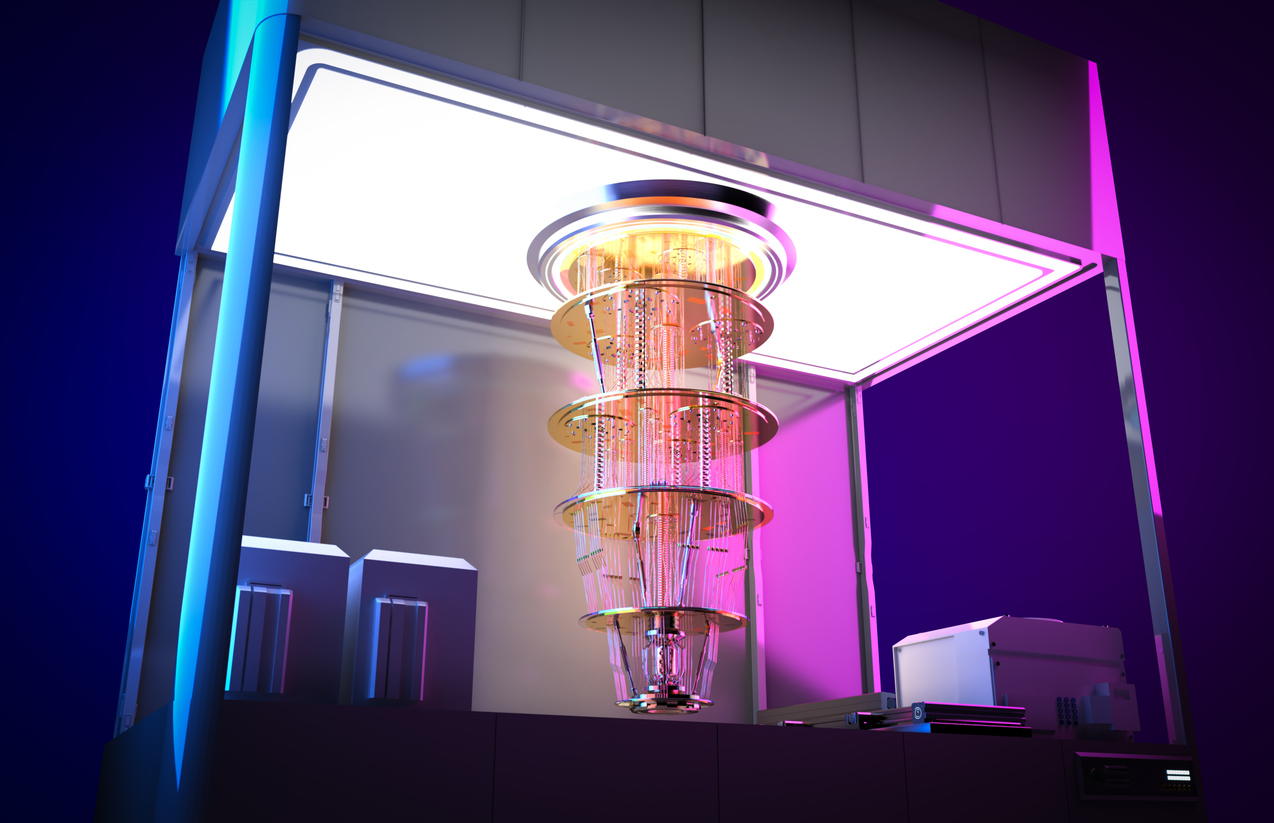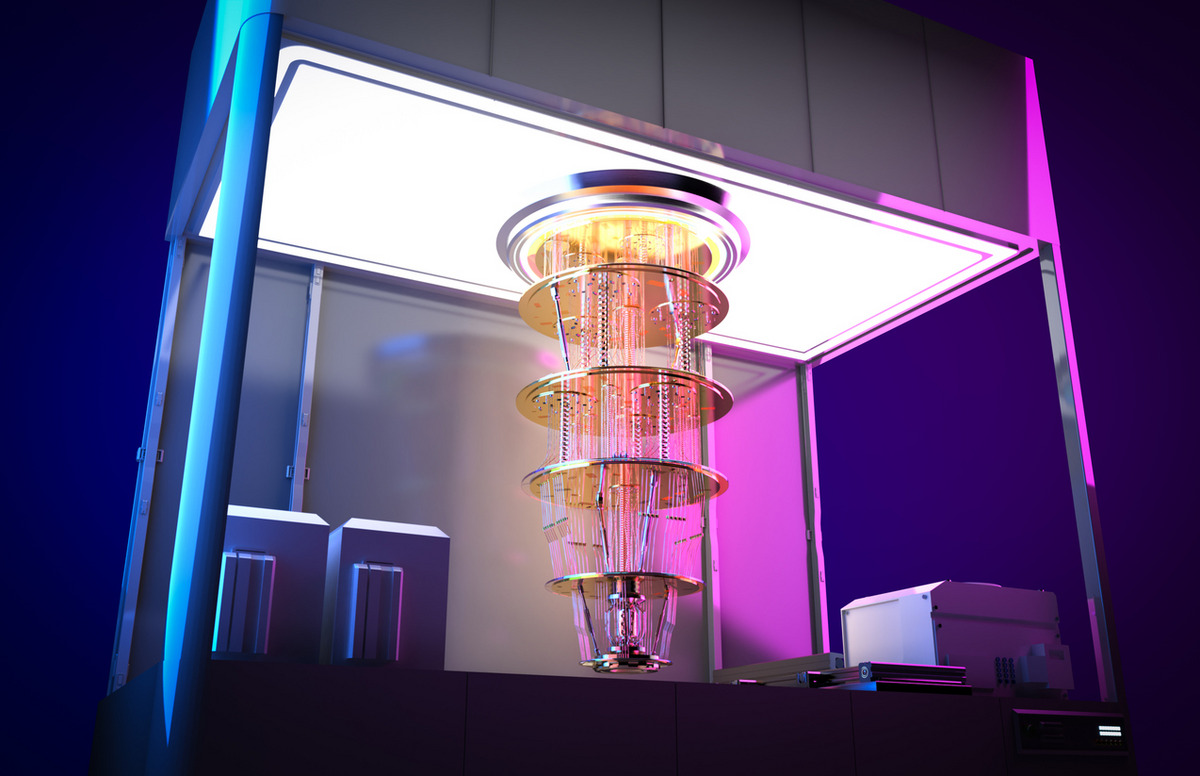Quantum computing meets AI
DATEV participates in research project on quantum-based machine learning
Harnessing the possibilities and speed advantages of quantum computing for machine learning - that is the aim of the recently launched Q-ROM research project. Together with four other partners from science and industry, DATEV eG is working on making this vision a reality based on the quantum hardware already available today as part of the project funded by the Federal Ministry of Research, Technology and Space (BMFTR). DATEV is providing the use case for the research project: using a data-driven approach and based on historical sales data, the aim is to create a virtual assistant that always provides up-to-date information on the market potential of products that are already available.
The starting point for the Q-ROM research project is the following problem: a very large database is required to train an algorithm for machine learning. Classic computers load such data into their working memory, the RAM, process it, then delete it again and fill the RAM with further data. In the field of quantum computing, however, there is still no volatile mass memory that could form the basis for a comparable quantum RAM (QRAM). For this reason, quantum algorithms for machine learning cannot yet exploit their hypothetical efficiency advantage over their counterparts on conventional computers.
Making data volumes available for the algorithm through compression
The research project aims to compensate for this shortcoming by developing a process that acts like a non-rewritable memory - a quantum read once memory, or Q-ROM for short. The aim is to extremely compress the data to be trained while transforming it into a quantum state for further processing on the quantum computer. In this way, all the data required for training should be made available as efficiently as possible in a single step. The strong compression of the data into the quantum state required for this is possible because far more information can be stored in a qubit than in a classical bit. The project sees this as a good basis for realizing an efficient machine learning process with already available quantum hardware, perhaps in the near future.
Q-ROM builds on the results of the previous QuaST research project, in which DATEV was also involved. This project focused on researching and developing a suitable toolchain to enable quantum computing with a focus on combinatorial optimization for industrial use. The Q-ROM project is now set to expand the spectrum to include machine learning with the support of quantum computers (quantum machine learning, or QML for short). In addition to the acronym QML, the term Quantum AI is also commonly used.
The Q-ROM research project is scheduled to run for three years and is sponsored by the Technology Center of the technical-scientific non-profit Association of German Engineers (VDI). In addition to DATEV, the other participants in the consortium are the tech company data cybernetics as consortium leader, the Baden-Württemberg Cooperative State University (DHBW), the University of Hamburg and the Weierstrass Institute for Applied Analysis and Stochastics in Berlin.

© iStock / PhonlamaiPhoto



